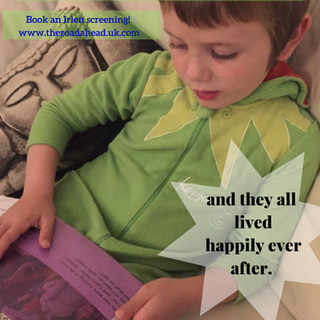A story is the same in any language… Is it always?
Over the years stories of all genres,fiction and non-fiction have been translated.
For centuries the works of William Shakespeare, Oscar Wilde, William Wordsworth, Enid Blyton and more recently Roald Dahl and J.K Rowling to mention just a few.
These words have been written in many native tongues. They are understood because the reader is familiar with the words, patterns, sounds, blends and meanings. The individual letters become diagraphs, trigraphs, split diagraphs, complete words, sentences, stories. There are whole words that can only be read by sight. So many rules which are applied differently too in other languages, sentence structures as well. What an incredible skill reading is, many take it for granted as a milestone, a natural progression.
How fortunate they are to pick up a book or have a family member tell them a story to relax to, or just become engrossed in using vivid imagination.
Not all shapes are recognisable to others as words. The Japanese for example write with symbols using three combined alphabets.
But one thing is for sure and universal…..
The words should stay clear and still whatever their form.
(N.B.This does not replace regular optical eye tests and the use of any prescription glasses needed)
So what if the words come up off the page, switch places, merge with other lines, move in waves, flash in an out, blur and disappear?
(Please refer back to the Universa)
l
The words should stay clear and still whatever their form.
Should this opportunity not be the same for everyone, whatever their age?
How do these people enjoy stories, gain information or learn from their reading?
Have a go at the self-test on www.irlen.com
I am a screener in Folkestone Kent. I can go into school, screening also available some weekends
www.theroadahead.uk.com




























